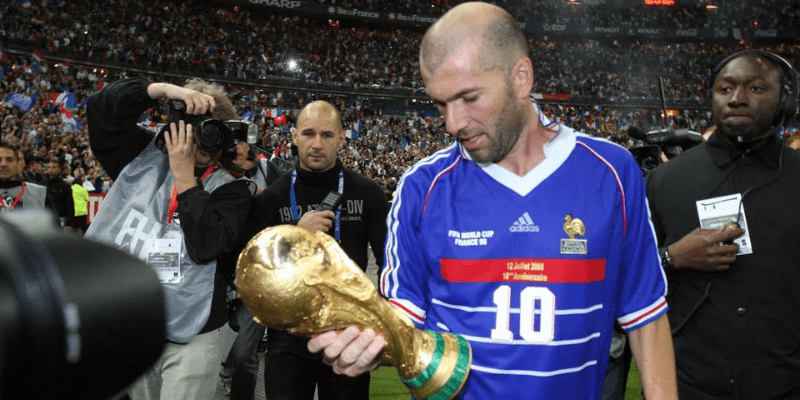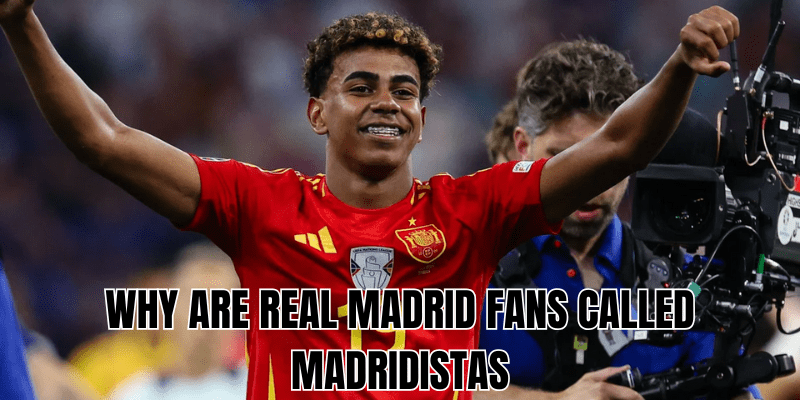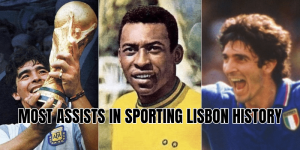The very mention of Madridistas evokes a sea of white in stadiums, the echo of “¡Hala Madrid!”, and an identity that transcends geography. But where did this nickname come from? And why do fans of Real Madrid cling to it so fiercely? In this article, BKKGoal will take you behind the scenes: exploring the linguistic roots, historical context, parallel nicknames (like Merengues or Vikingos), and how Madridistas remains far more than just a label—it’s a badge of pride.
The origin of the word “Madridista”

At its simplest, Madridista is a Spanish demonym-style formation—someone belonging to or related to “Madrid.” Much like “Sevillista” for Sevilla fans or “Barcelonista” for Barcelona supporters, “Madridista” connects the person with the club and city. The nickname likely emerged organically as the club’s notoriety grew, with early fans and local media referring to devout Real Madrid supporters with that suffix.
However, while the basic formation is straightforward, a nickname doesn’t become iconic merely through grammar. Over time, the community of fans elevated Madridistas into something emotional and symbolic: you don’t just support Real Madrid—you become a Madridista.
Why the nickname stuck

It’s one thing to coin a label; it’s another for it to endure decades. These are key reasons why Madridistas has lasted:
- Identity and belonging: As Real Madrid matured into a global brand, the term “Madridista” allowed supporters worldwide to affiliate with the club in a recognized way.
- Media and club usage: Over time, club communications, fan clubs, and media began using “Madridista” formally. The term appears in official supporter networks and in club membership (“Carnet Madridista”).
- Cultural resonance: Because football fans often live their allegiance, having a term to call oneself creates solidarity. Madridistas became a linguistic anchor for pride, passion, and community.
Even today, when fans in Tokyo, Buenos Aires, or Seattle wear Real Madrid gear, they often label themselves as “Madridista”—uniting miles of distance under one banner.
Other nicknames: Merengues, Blancos, Vikingos

While Madridistas is the foundational label, Real Madrid and its fans have accrued multiple nicknames over time. Some are descriptive, others born.
Merengues / Blancos
- Merengues: This term comes from the dessert “meringue,” referencing the dazzling white color of the team’s kit. A sports journalist, Matías Prats Cañete, is often credited with popularizing the comparison in his radio commentaries.
- Blancos (“the whites”): Perhaps the most obvious nickname—Real Madrid’s all-white home uniform makes this label intuitive.
These two nicknames emphasize the visual and aesthetic identity of the club and by extension its fans—the purity, the brightness, the elegance of the white.
Vikingos (Vikings)
This one is more colorful—and more debated. How did a club in Madrid acquire a Norse-style nickname?
There are a few prevailing theories:
- Media metaphor from the 1960s
- A British newspaper once described Real Madrid’s European dominance using imagery of Vikings ravaging lands: “Real wanders through Europe like the Vikings once walked, destroying everything in its path.” Over time, that metaphor stuck.
- Foreign signings from Northern Europe
- In the 1970s, Real Madrid began recruiting players, and Scandinavia (e.g. Netzer, Jensen, Stielike). Their blond hair and northern European looks spurred rival fans to call Real Madrid supporters “Vikingos.”
- Rivalry backlash: Vikings vs. Indians
- In a notable twist, when Atlético Madrid fans were dubbed “Indios” (in a pejorative way), supporters of Atlético retorted by nicknaming Madrid fans “Vikingos.” Over time, the backlash term lost its sting and was absorbed as a proud identifier for many madridistas.
Today, many Real Madrid ultras and peñas (supporter groups) have embraced Viking imagery—helmets, horned motifs, giant Norse-themed tifos—turning what may have begun as a rival taunt into a banner of identity and ferocity.
“Madridistas” in global fandom and culture
The reach of Madridistas now spans continents. A few features underscore its global resonance:
- Peñas Madridistas: The club maintains an official network of supporter clubs across Spain and abroad. These are often called “Peña Madridista [City]” (e.g. Peña Madridista New York).
- Carnet / Passport Madridista: Real Madrid issues a membership card allowing fans to affiliate officially, often using the term “Madridista.”
- Merchandising and branding: You’ll see “Madridista” on scarves, shirts, social media hashtags, and club messaging. It’s part of the brand vocabulary.
- Cultural identity: For many fans, “Madridista” implies more than football allegiance—it connotes certain values, a style, an expectation of excellence. It becomes a self-image.
Even if someone doesn’t live in Madrid or Spain, declaring oneself a Madridista connects them to that global community.
Misconceptions and clarifications
To fully understand Madridistas, we should clear up some common misconceptions.
- It’s not an insult: The term has never been derogatory. Even rival fans—or media—use it neutrally or with respect.
- It doesn’t imply “fair weather” support: Some critics call fans “glory hunters,” but in football culture, no loyal community embraces or defends that label. The term stands independent of motivation.
- Not interchangeable with Vikingos: While many madridistas proudly also call themselves Vikings, not all do—and some prefer to lean just on Madridista, Blanco, or Merengue depending on context.
Why understanding this matters
For fans and curious observers alike, knowing why real madrid fans are called Madridistas is more than an academic point: it’s understanding identity, rivalry, and fandom in football language.
- It lets you speak the fan lingo and identify with the culture.
- It helps in interpreting chants, imagery, articles, and social media when “Madridista” appears.
- It reveals how football culture turns simple linguistic forms into deep emotional symbols., Madridistas is also a frequent search term—fans want history, meaning, symbolism. Understanding and using it well lets writers and clubs engage deeply with their audience.
Conclusion
Madridistas is more than a label—it’s a living identity. As we’ve seen, the nickname evolved from a simple linguistic formation to a shared badge of pride for one of the world’s most celebrated clubs. Beyond that, Real Madrid’s alternative epithets—Merengues, Blancos, or even Vikingos—layer nuance and narrative onto that identity, reflecting images of whiteness, dominance, and mythic conquest.
If you’ve ever wondered why are Real Madrid fans called Madridistas, now you know: it’s a term born. BKKGoal invites you to explore more—check out our deep dives into Real Madrid’s rivalries, fan culture, and iconic moments. And next time you chant “¡Hala Madrid!”, know that being a Madridista is also connecting with a century’s worth of stories, pride, and passion.







